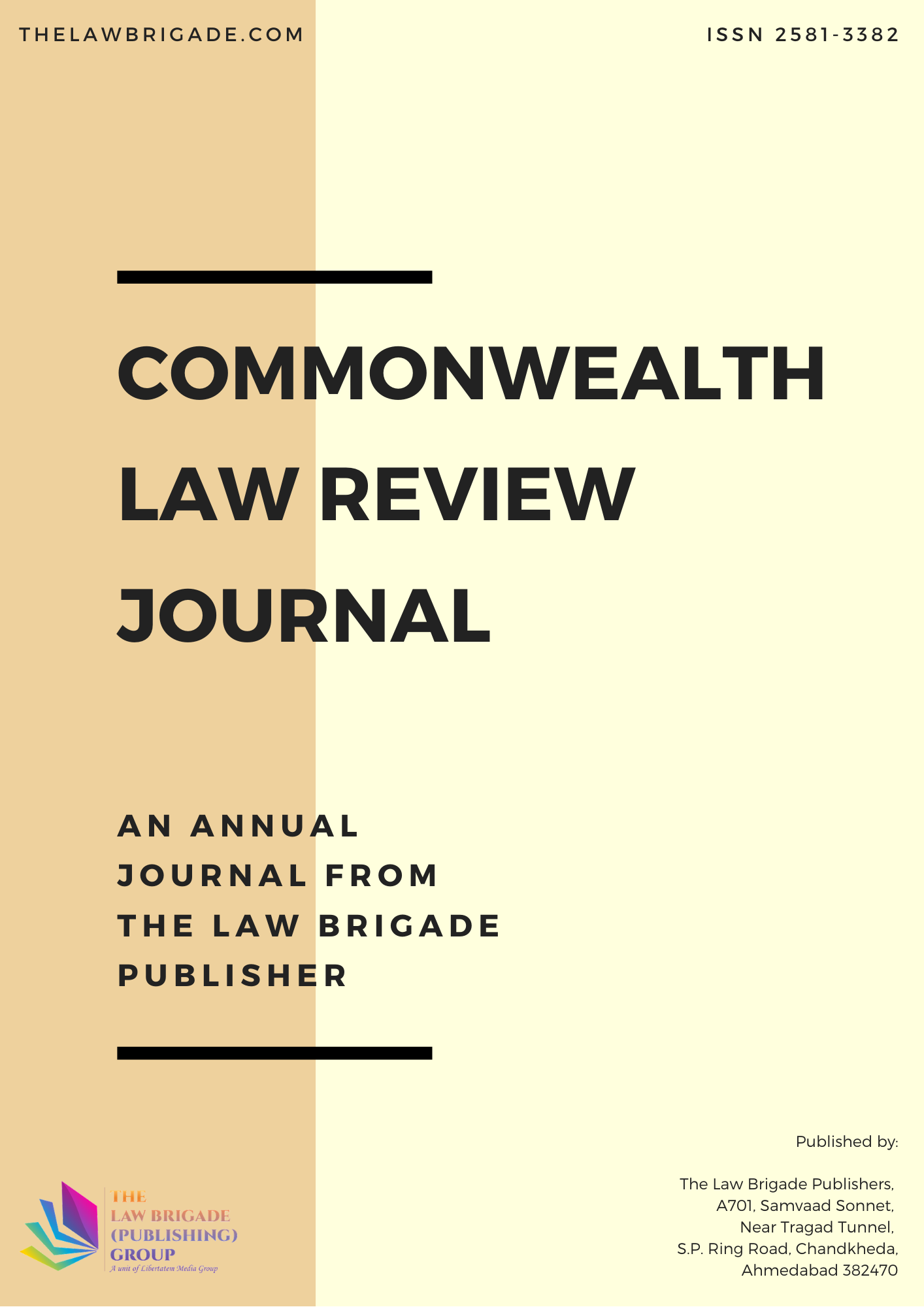This paper presents the case of Yamuna river using the perspectives of the concepts of commons. As per the definition provided by the International association for the study of commons “The original meaning of the term ‘commons’ comes from the way communities managed land that was held ‘in common’ in medieval Europe” (Commons 2023). This concept of commons is now essentially understood in the field of natural resource management as a key towards addressing the challenges pertaining to climate change and development towards sustainable management of these natural resources. The theory behind the concept of commons explains the deterioration of common natural resources due to lack of individual responsibility and collective action. The theoretical background of this perspective is analyzed in context of Yamuna river to underscore the importance of protecting this common resource for the benefit of all. The findings of this paper emphasize the need for individual responsibility, collective action and community-government partnership to prevent the deterioration of Yamuna and promote its sustainable use.
The Tragedy of the Yamuna and a Way Forward
Publication Information
Journal Title: Commonwealth Law Review Journal
Author(s): Kulsum Fatima
Published On: 02/08/2023
Volume: 9
First Page: 329
Last Page: 337
ISSN: 2581-3382
Publisher: The Law Brigade Publisher
DOI: 10.55662/CLRJ.2023.907
Cite this Article
Kulsum Fatima, The Tragedy of the Yamuna and a Way Forward, Volume 9, Commonwealth Law Review Journal, 329-337, Published on 02/08/2023, 10.55662/CLRJ.2023.907 Available at https://clrj.thelawbrigade.com/article/the-tragedy-of-the-yamuna-and-a-way-forward/
Abstract
Keywords: Industrialization, Urbanization, Utilitarian Ideology, Collective Action, Community Partnership, Sustainable Use
Share this research
Latest Publications
April 10, 2025





